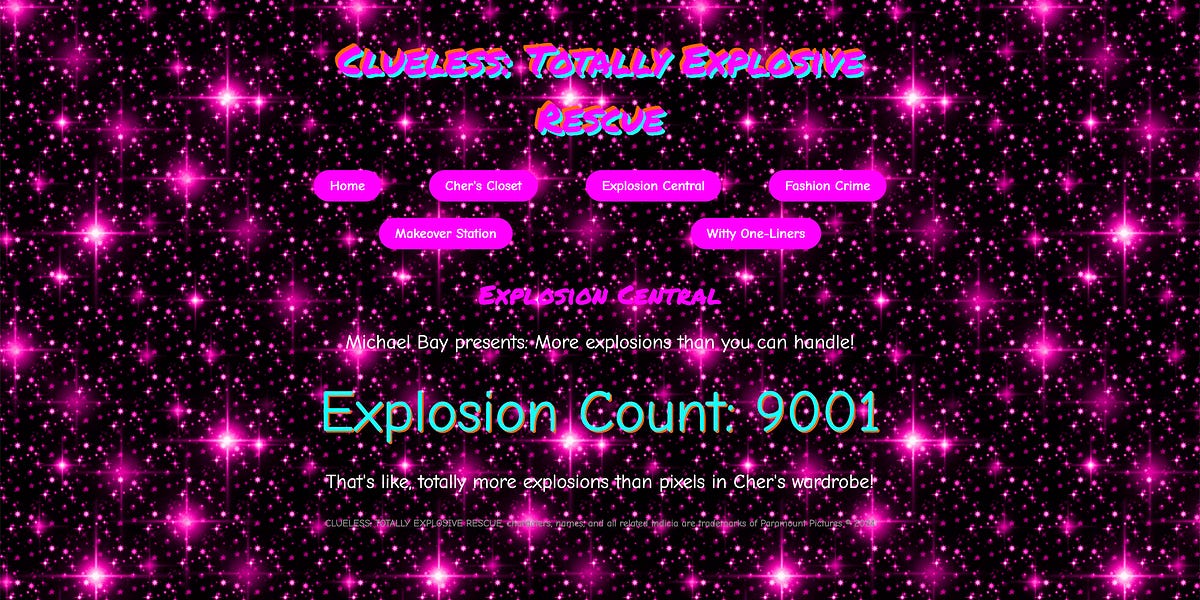Anything can be anything

🌈 Abstract
The article discusses how the ubiquity of generative AI tools has transformed the way we create and consume content. It explores the concept of "anything can be anything" - the idea that a single concept can be expanded into a vast multiverse of content, media, and experiences. The article provides examples such as the Avengers Campuses at Disneyland and TV shows like "Ripley" and "Picard" that delve deeper into pre-existing characters and stories. It also examines how generative AI can significantly reduce the effort required to refactor content, using the example of Virginia Woolf's "Mrs. Dalloway" and its adaptations. The article concludes by pondering the implications for the future of content creation and consumption.
🙋 Q&A
[01] The Transformation of Content Creation and Consumption
1. What are the key points discussed in the article about the transformation of content creation and consumption over the last decade?
- The article discusses how there has been a huge transformation in how we make and consume content over the last decade or so, with a shift towards creating entire multiverses of content, media, and experiences around a single concept.
- Examples provided include the Avengers Campuses at Disneyland, which are immersive experiences that explore alternate timelines and connect to the Marvel Cinematic Universe, and TV shows that delve deeper into popular or complex characters from the past.
- The article suggests that we are now "making a lot of 'original' content by reforming and rehashing pre-existing assets."
2. How does the article say generative AI tools fit into this transformation?
- The article states that new AI tooling "really lowers the barrier to refactoring content" - where previously it would take immense effort to adapt a book into a movie script, now it can be done in a matter of hours.
- This raises questions about intellectual ownership when content can be easily repurposed, such as turning a coffee advert into a romantic comedy.
3. What example does the article use to illustrate how generative AI can impact the refactoring of content?
- The article uses the example of Virginia Woolf's novel "Mrs. Dalloway" and how it was adapted into the novel "The Hours" by Michael Cunningham, and then made into a film.
- It notes that the deep exploration of themes and characters that went into creating "The Hours" from "Mrs. Dalloway" is the kind of thing that can now be done much more quickly with generative AI tools.
[02] Implications for the Future of Content
1. What questions does the article raise about the future of content creation and consumption?
- The article questions whether "everything has to be a universe now, or can we personalize these experiences and sit down and explore our favourite worlds on our own?"
- It suggests that the future may involve "a little of both" - the creation of vast content universes as well as more personalized explorations of favorite worlds.
2. What key point does the article make about the possibilities opened up by generative AI for content exploration?
- The article states that the reduction of effort required to refactor content with generative AI "allows us to ask 'okay but what was Virginia Woolf going through when she wrote Mrs Dalloway? How did women feel having read it? What would happen if someone today lived through Mrs Dalloway's rollercoaster of a day?' — and get answers very quickly."
- It suggests that the "possibilities are, in a sense, endless" in terms of exploring different perspectives and rabbit holes related to pre-existing content.